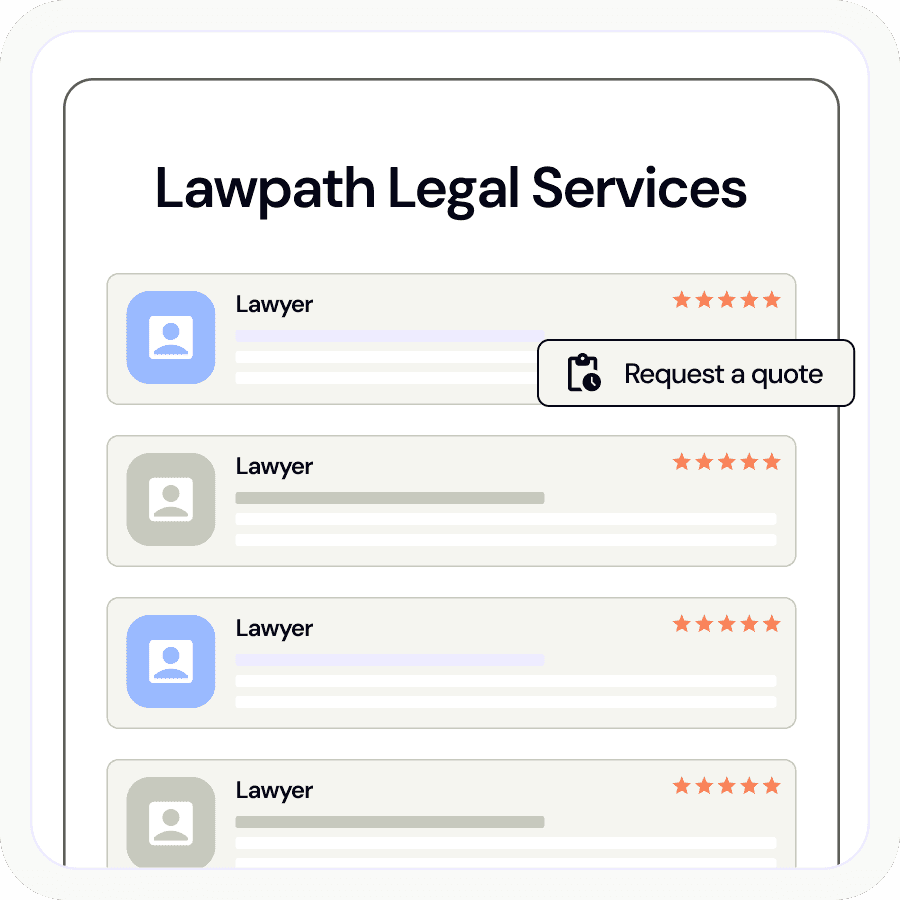Table of Contents
Introduction
Under certain circumstances, such as if your company no longer conducts any business, you might wish to deregister your company. To do so, you may be able to apply for voluntary deregistration through the Australian Securities & Investments Commission (ASIC).
Deregistering your company will put an end to your company’s existence as a separate legal entity and release you from any obligations you owe as an officeholder.
This article will explore the prerequisites to applying for voluntary deregistration through ASIC, the application process, the effect of voluntary deregistration and some alternatives available if you are unable to apply. Please note that this information is general in nature.
Prerequisites To Applying in Order to Deregister
In order to voluntarily deregister your company, you must first meet certain prerequisites:
- Any outstanding ASIC fees and penalties must be paid off
(note that you must apply for deregistration a minimum of two weeks before the due date of your review fee in order to avoid needing to pay the fee) - All of the members of your company must agree to deregister
- Your company must not be conducting any business
- The total value of your company’s assets must be under $1000
- Your company must not have any outstanding liabilities including unpaid debts
- Any company tax and superannuation obligations must be up to date
- Your company must not currently be involved in legal proceedings
- You must cancel any Australian Financial Services Licence (AFSL) or Australian Credit Licence (ACL) currently held by your company
Before applying, ASIC also recommends that you ensure:
- Your company’s bank accounts have been closed
- Your company’s property have already been dealt with and there is no property that remains registered under your company’s name
- Any registered business names have been cancelled or transferred
- Any other licenses held by your company have been cancelled
The Application Process
You will need to pay $42 to apply for the voluntary deregistration of your company. The application process involves completing an application form. You can lodge this online or by paper. Either way, you will need to include certain details such as:
- Your company name and Australian Company Number (ACN) or Australian Business Number (ABN)
- Your details (as the applicant)
- Additional nominee details (the person who will be notified of the deregistration)
The application form includes a declaration to confirm you meet the prerequisites to applying for voluntary deregistration, and your signature to verify the information included in the form.
It may take ASIC around two weeks, or possibly more, to process an application.
Effects of Voluntary Deregistration
If your application is successful, your company will no longer exist as a separate legal entity. Accordingly, for example, this will also release you from your obligations as an officeholder. Importantly, the Australian Taxation Office (ATO) will also cease to interact with your company, including to pay refunds. However, your company’s directors may still be liable for any pre-existing debts to the ATO. Aside from this, generally, any property still owned by your company will vest in either ASIC or the Commonwealth, subject to certain exceptions.
Alternatives to Voluntary Deregistration
On the other hand, if your application is unsuccessful, you will receive information from ASIC outlining the reasons as to why. If, for example, your company is solvent (able to pay its debts as they fall due), however you do not meet the prerequisites to apply for voluntary deregistration, your company members may instead decide to voluntarily wind up the company. However, if your company is insolvent (unable to pay its debts as they fall due), you may need to consider either voluntary administration or liquidation.
Conclusion
In conclusion, voluntary deregistration through ASIC requires careful adherence to prerequisites and procedures. Settling outstanding fees, obtaining member agreement, and confirming the company’s inactivity are crucial steps. The application process involves submitting necessary details and paying a fee. Successful deregistration ends the company’s legal entity status, releasing it from obligations to ASIC and the ATO. However, directors may remain liable for pre-existing debts to the ATO. Alternatives such as voluntary winding up or liquidation may be considered if deregistration is not possible. Understanding the implications and following correct procedures are essential for a smooth deregistration process.







